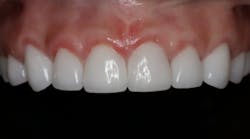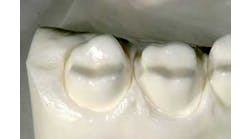Concern over conscious sedation reaches state dental board
In response to increasing public concern over sedation in dental offices, the North Carolina Board of Dental Examiners is seeking to proactively update its requirements and regulations for their dentists who practice sedation. The Board will invite the public and dental professionals to share their opinions at an open meeting in late March.
RELATED |The safety of dental sedation in question
The focus of the discussion will surely be conscious sedation, which has been the center of controversy recently after the death of a three-year-old child in a Hawaiian dental office last December. Last year there were also two reported patient deaths in North Carolina that were attributed to conscious sedation.
Conscious sedation typically involves a regimen of oral medications and nitrous oxide that will bring a patient to a moderate level of sedation. This intermediate stage of sedation is generally regarded as being quite safe for patients, since they still breathe on their own and are responsive to commands. The dangers arise from deeper levels of sedation being reached accidentally, untoward reactions between medications, or patients with medical histories that are contraindicated for sedation.
Training for conscious sedation is not currently standardized, nor do states agree about protocols and minimum requirements for dentists to bring this treatment into their practices. This effort by the North Carolina State Board may be the beginning of other state boards reviewing their regulations on sedation in dental offices.
ALSO BY DR. CHRIS SALIERNO …
3 patients who may not be candidates for complex dental care
The wrong way to restore an implant
Avoiding complications bonding lithium disilicate
Long-term provisional success for young patients who need implants
I think my implant needs a root canal






